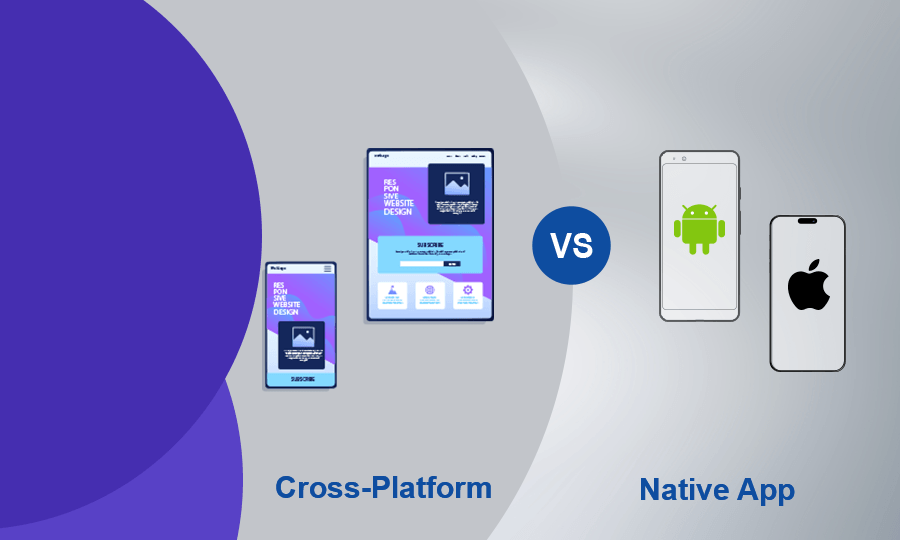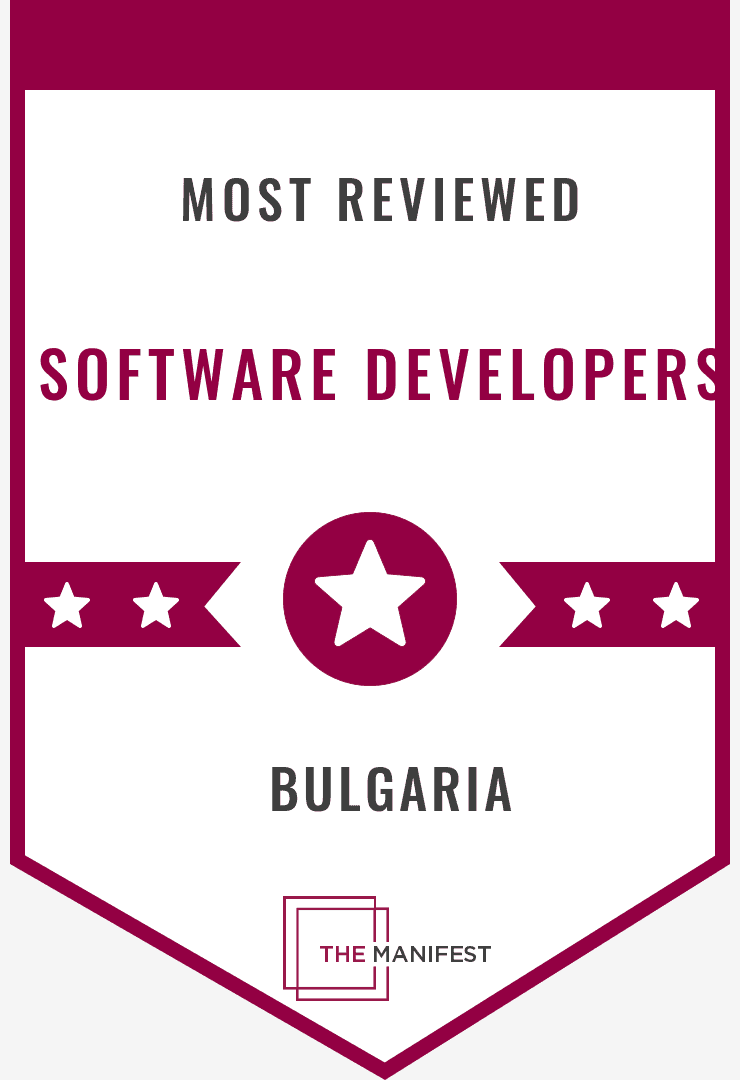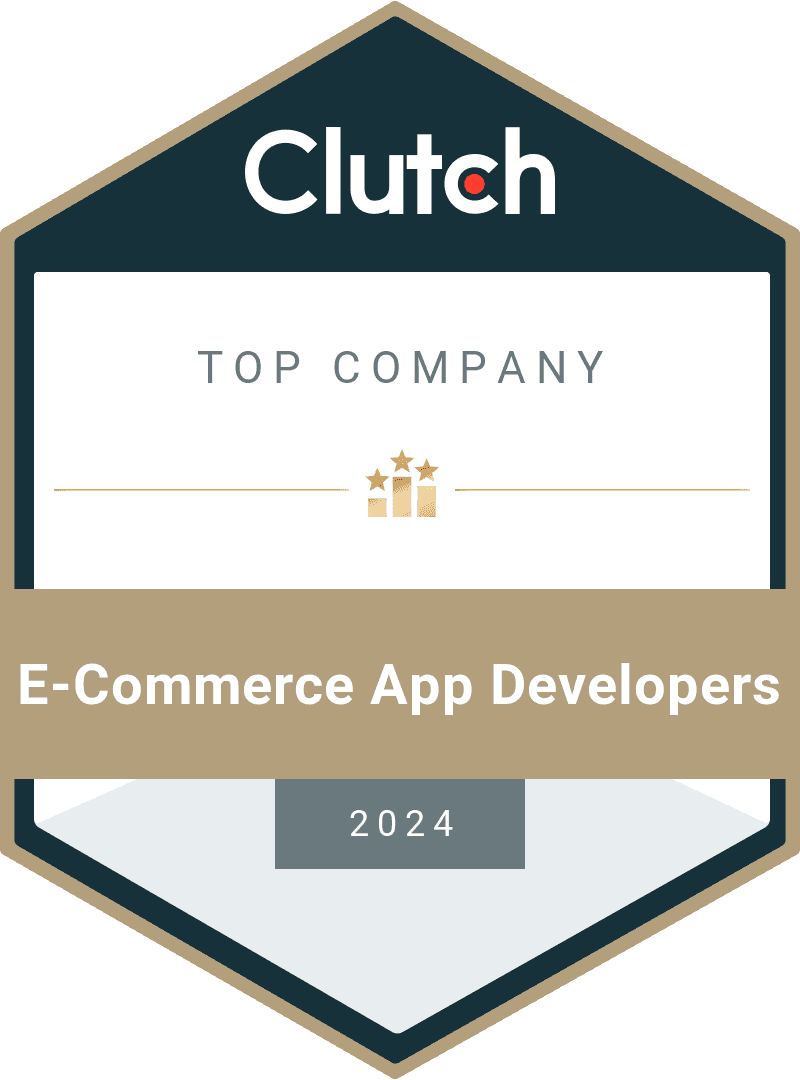When it comes to mobile app development, businesses are faced with a crucial decision: whether to choose cross-platform or native app development. The choice impacts everything from performance and user experience to development costs and time to market. This article will analyze the differences between these approaches, using various industry keywords, to help you make an informed decision for your mobile app project.
Native App Development: Built for Optimal Performance
Native app development is the process of building apps specifically for one operating system — Android or iOS — using platform-specific languages such as Kotlin or Swift. This approach ensures that the app fully leverages the capabilities of the hardware and the operating system.
Pros of Native App Development:
1. Optimal Performance: Since native apps are written specifically for one platform, they provide the best performance, offering fast load times, smooth animations, and seamless interactions.
2. Enhanced User Experience: Native apps adhere to platform-specific design guidelines, providing users with a more intuitive and familiar experience.
3. Full Access to Native Features: Native development allows apps to easily access all the features of a device, including GPS, camera, and sensors, which can improve functionality.
4. Scalability and Future-Proofing: Native apps are generally easier to scale as they are built for performance-heavy operations, such as gaming or AR, making them more adaptable to future technological updates.
Cons of Native App Development:
1. Higher Development Costs: Native apps require separate codebases for iOS and Android, which increases development time and cost.
2. Longer Time to Market: Since developers need to create two separate apps, the time required to develop and launch can be significantly longer.
3. Complex Maintenance: Every time an update is required, both versions of the app need to be updated separately.
Overall, native development is the go-to choice for businesses focused on performance and user experience over cost efficiency. It’s especially suited for complex apps requiring advanced features like AR, gaming, or highly personalized experiences.
Cross-Platform App Development: One Codebase for Multiple Platforms
Cross-platform mobile app development allows businesses to build an app for multiple platforms, such as Android and iOS, using a single codebase. Popular frameworks include React Native, Flutter, and Xamarin, offering the ability to write the app once and deploy it across various operating systems.
Pros of Cross-Platform Development:
1. Faster Development Process: Since a single codebase can be used across platforms, development times are significantly reduced. This is a major advantage for companies looking to create a custom cross-platform mobile app quickly and efficiently.
2. Cost Efficiency: Developing a cross-platform app is more affordable as it reduces the need for separate development teams for Android and iOS, saving both time and money.
3. Wider Reach: A customized cross-platform mobile application allows you to simultaneously target users on both Android and iOS, providing a larger market reach from the get-go.
4. Simplified Maintenance: With one codebase to maintain, updates and bug fixes are easier and quicker to implement. This can be a key advantage for companies that want to deliver universal mobile app development across multiple platforms without extra costs.
Cons of Cross-Platform Development:
1. Performance Issues: Cross-platform apps may not offer the same performance level as native apps, especially when dealing with complex animations, high graphics, or resource-intensive functionalities.
2. Limited Access to Native Features: While frameworks like Flutter and React Native offer access to native features, they may not fully support all device functionalities. In such cases, additional native code might be required, increasing development complexity.
3. Larger App Size: Cross-platform frameworks often lead to bulkier apps, which may take up more storage space on users’ devices.
4. Suboptimal User Experience: Cross-platform mobile services sometimes struggle to replicate the look and feel of a native app, which can result in a less polished user experience.

Key Frameworks for Cross-Platform Development
Some of the most popular frameworks in cross-platform development include:
- React Native: A popular choice due to its large community and rich ecosystem, React Native uses JavaScript to build cross-platform apps. However, its performance may lag in more complex projects.
- Flutter: Backed by Google, Flutter uses the Dart programming language and offers a fast, native-like experience. Its primary advantage is the speed at which developers can create multi-platform mobile applications.
- Ionic: A well-known open-source framework that allows developers to build custom cross-platform mobile applications using web technologies like HTML, CSS, and JavaScript. Its main downside is the performance gap compared to native apps.
Cost and Time Considerations: Native vs. Cross-Platform
One of the primary reasons businesses opt for cross-platform development is the cost. Developing and maintaining a multi-platform mobile application costs significantly less when using a single codebase. Additionally, cross-platform mobile app development services USA can help businesses achieve a quicker time-to-market, allowing them to deploy their apps across multiple platforms simultaneously.
In contrast, native mobile app development tends to be more expensive, requiring two separate development teams (iOS and Android) and more time to ensure each platform is fully optimized. While this results in a longer time to market, the payoff is a high-performance app with platform-specific features and design.
Which One Should You Choose?
The decision between cross-platform and native app development ultimately depends on your business goals, budget, and app requirements. If you're looking for multi-platform app development solutions that balance cost and time-to-market with satisfactory performance, cross-platform is likely the better option.
However, if you’re developing a complex, resource-heavy app that demands optimal performance and seamless integration with device-specific features, native app development will provide better results in the long run.
Considerations:
1. App Complexity: Apps with complex features such as AR, gaming, or heavy data processing will benefit more from native development.
2. User Experience: For a polished, high-quality user experience that feels native to the platform, investing in custom mobile application development services tailored to each OS might be necessary.
3. Budget: Cross-platform mobile app development companies offer cost-effective solutions for startups and businesses looking for rapid development across multiple platforms without sacrificing reach.
4. Maintenance: Cross-platform apps simplify updates and maintenance since changes only need to be made to one codebase.
Final Thoughts
When weighing cross-platform vs native app development, businesses need to consider performance, time-to-market, and long-term scalability. Cross-platform mobile app development services are cost-effective and fast but may compromise on performance for resource-intensive applications. On the other hand, native mobile app development offers unparalleled performance and user experience but requires a higher upfront investment.
Choosing the right cross-platform development agency or cross-platform mobile app development company is crucial to ensuring the success of your mobile project. Whether you need to build a customized cross-platform mobile app or native app, make sure the development approach aligns with your goals, audience, and future needs.
Relevant Articles:













































